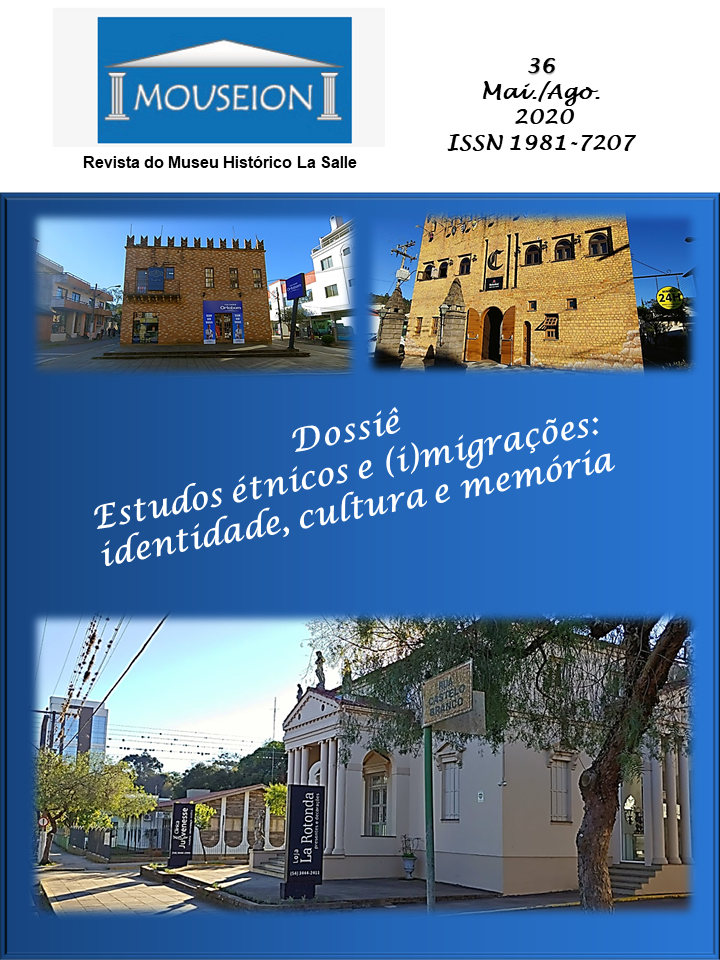Pai Paulinho de Ogum Xoroquê: memory and sociabilities
DOI:
https://doi.org/10.18316/mouseion.v0i36.6760Keywords:
Social Memory, Pai Paulinho de Ogum Xoroquê, Afro-Brazilian Religions, Porto AlegreAbstract
This article aims to understand the memory narratives of the priest Pai Paulinho de Ogum Xoroquê, regarding the sociability experienced in the old Mont’Serrat Basin, former African Colony, Porto Alegre, RS. The study focuses on the figure of Pai Paulinho, for his status as a priest of the African Matrix Religions in Porto Alegre, as well as for being a remaining resident of the African Colony. In this territoriality, he spent his childhood in the 1960s, experienced his spaces of sociability permeated by the presence of Batuque and Umbanda. As a member of an Afro-Brazilian priestly lineage, Pai Paulinho knew about religion, its places of worship, its leaders, its ceremonies in a time still marked by the religious regulation of time and space. This study is based on a corpus formed by oral, written and iconographic records and its results point to an effective work of memorial recreation of someone who knew a territory identified with African culture and religiosity in Porto Alegre.
Downloads
Published
Issue
Section
License
Authors must submit their manuscripts to be published in this journal agree with the following terms:
Authors maintain the copy rights and concede to the journal the right of first publication, with the paper simultaneously licensed under the License Creative Commons attribution that permits the sharing of the paper with recognition of authorship and initial publication in this journal.
Since the articles are presented in this journal of public access, they are of free use, with their own attributions for educational and non-commercial purposes.


